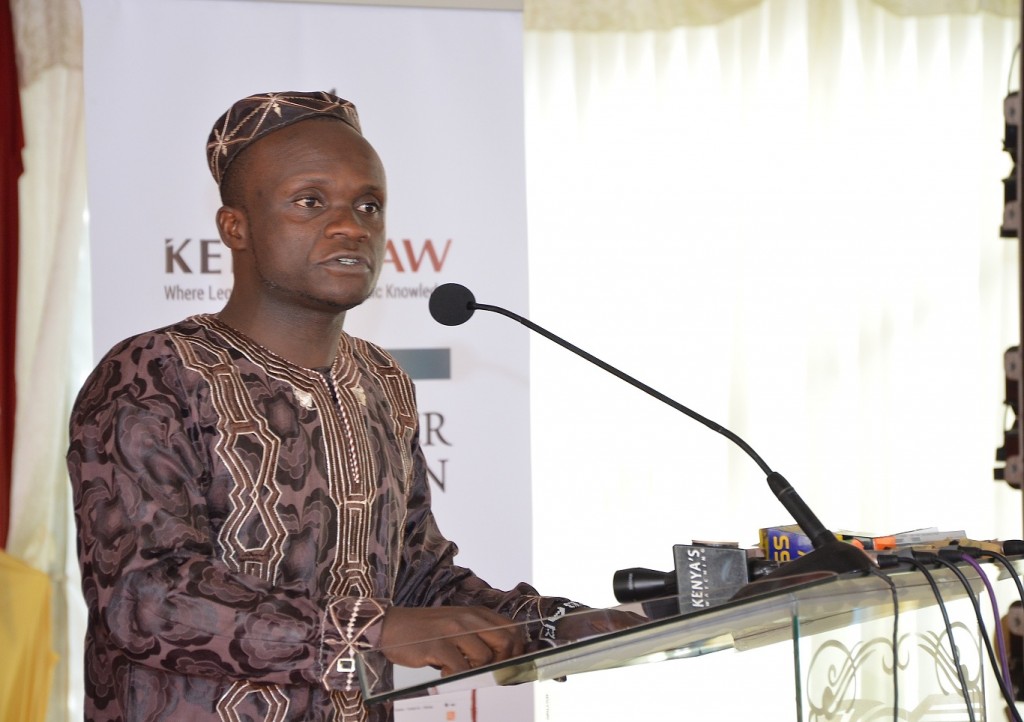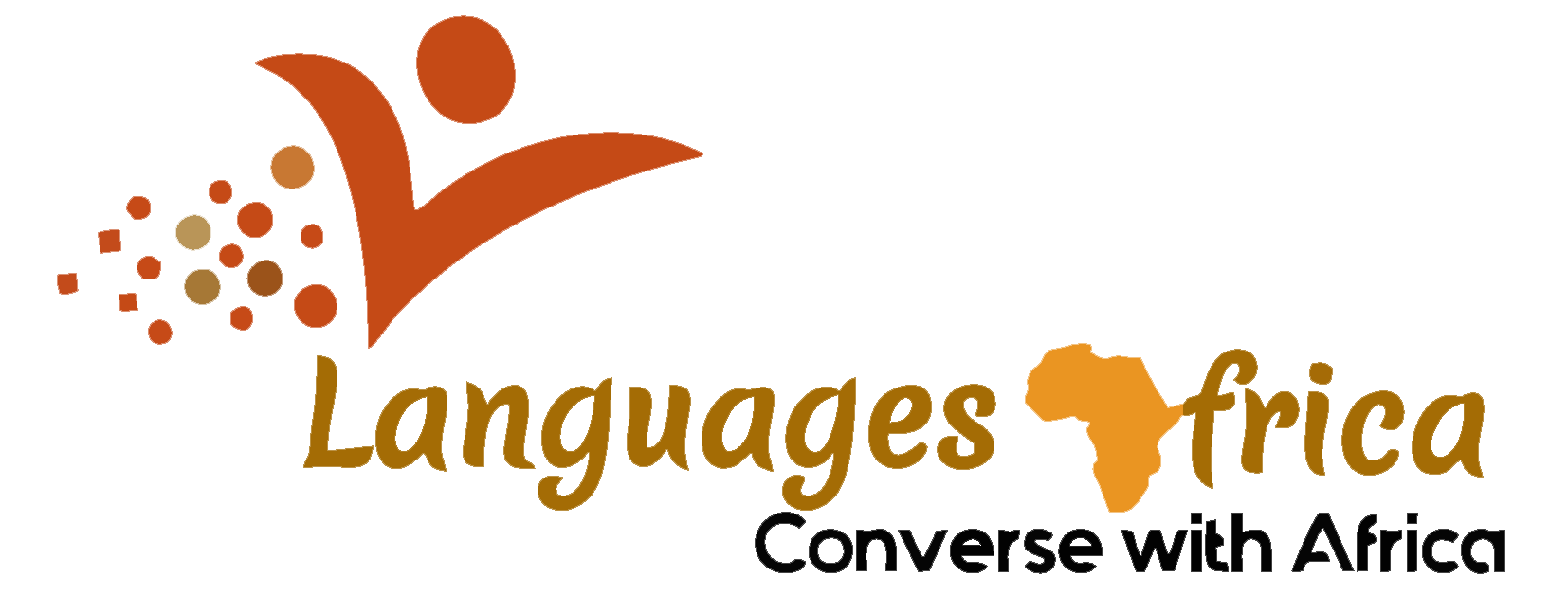Email Address
Info@themis.com
Phone Number
Fax: 001 (407) 901-6400

he stars were shining bright. Angalia hizo nyota zote! Look at all those stars!
I told my cousin Omari. He only gazed at them momentarily before his eyes shifted back to the massive images in front of us.
Just like the dozens of people in the primary school’s football pitch, Omari’s eyes were glued on Jesus of Nazareth. This movie was usually screened in our rural home every Christmas.
Within moments, I had also forgotten about the stars. As I watched Jesus speak in fluent Swahili, it never occurred to me that this, was not Jesus and that in the movie’s original language, Robert Powell, the man who acted as Jesus spoke English. Herein lies the power of dubbing.
Thanks to dubbing, millions of people around the world watched Jesus speaking in their respective major languages. For us in Kenya, we watched Jesus speak in Swahili. That personalized Him to us in ways that English would never have done.
“If you talk to a man in a language he understands, that goes to his head. If you talk to him in his language, that goes to his heart.” These oft-quoted words of Nelson Mandela ring very true. Because we heard Jesus speak to us in Swahili, our language, His words sank deep, deep, deep. So much so that when I learned later in life that the original Jesus spoke neither Swahili nor English, I felt a little bit betrayed.
Dubbing is a double-edged sword. Its immense strength of personalizing audiovisual productions can also be its weakness if executed wrongly.
In countries like France, many moviegoers have never heard the actual voices of movie stars like Denzel Washington and Angelina Jolie. That’s because most French moviegoers consume English films that have already been dubbed into French. As such, when they watched the opening scene of the acclaimed movie, ‘Flight,’ they didn’t hear Denzel groggily uttering the words, ‘wait a minute, wait a minute, wait a minute, slow down..’ Instead, they heard him saying, “attends un peu, attends un peu, du calme.” All through the movie, they heard the academy award actor speaking fluent French – even though he doesn’t speak French. This is the magic of dubbing. But this could also be the folly of dubbing.
An actor doesn’t just act with body language. The actor also acts with actual audio language. When you strip away the actor’s voice, are you handicapping the actor?
Film dubbing is already a multi-billion-dollar industry. In 2019, this industry was worth $2.5 billion. This figure is projected to rise to $3.6 billion by 2027. This is a good thing because more players will inevitably compete for these billions, which will raise dubbing standards even more.
With a population of 1.3 billion people and thousands of languages, Africa is the next major dubbing frontier. Even more alluring for dubbing investors is the fact with an average age of 19.7 years, Africa has the world’s youngest population. This demographic data is mouthwatering because young people are the most enthusiastic consumers of film. As such, they present a fertile market for film dubbing.
Since Africa is the next major frontier for film dubbing, the dubbing industry must get it right as far as dubbing in Africa is concerned. Which begs the question – can technology help?
The recent success of Squid, the Korean drama series was partly due to its release in multiple languages. However, it was telling that Hwang Dong-hyuk the Founder of the series advised fans to watch the series with subtitles and not the dubbed versions.
While speaking on a US Breakfast show, he said, “Please watch the subtitled one. If you don’t see the acting, the performance from the real actor, then you are not seeing anything. You are missing the most of the Squid Game fun.”
It’s all about authenticity. Here in Africa, dubbing films technologically take away that authenticity. Watching Denzel Washington speaking fluent Swahili thanks to auto-dubbing might be a great technological fete, but it will not necessarily expand the viewership of Swahili speakers. What will instead appeal to them will be an original Swahili speaking voice actor who will capture Denzel’s speaking style as much as possible.
If dubbed films are to succeed in Africa, then they must adapt to the African context and African languages. They must be fully localized. During a time spanning two decades, we have learned at Languages Africa that language localization must be a human-centred process and exercise. The same applies to dubbing. Africans, who understand the African culture and context, must be at the centre of dubbing films into major African languages like Swahili. That way, Denzel’s opening line in the ‘Flight’ will be, ‘ngoja kiasi! Tulia!’ not, ‘ngoja dakika moja, polepole!’
Machine translation and accompanying auto-dubbing would have gone with the latter which is technically accurate but contextually and culturally off.
Let’s go with Africans. Their African voices will reach the hearts of audiences. That will make Nelson Mandela smile.
Mpasua Msonobari is the CEO and Founder of Languages Africa, a seasoned Swahili and other African Languages Translator and OPI & VRI Interpreter who can be reached directly on his WhatsApp number +254 725 084 032 or you can simply shoot him an email at This email address is being protected from spambots. You need JavaScript enabled to view it.or This email address is being protected from spambots. You need JavaScript enabled to view it.

OFFICES IN: ZANZIBAR, KENYA, UGANDA, USA & RWANDA
US OFFICE: 6475 New Hampshire Ave #4, Hyattsville, MD 20783, USA
DIRECT LINE: (+254) 725 084 032 | (+1) 567-654-3914
msonobari@gmail.com | info@languagesafrica.com
LANGUAGES AFRICA HEADQUARTER OFFICES: Off Namanga Road, Nairobi, Kenya.
Helping the world converse with Africa!